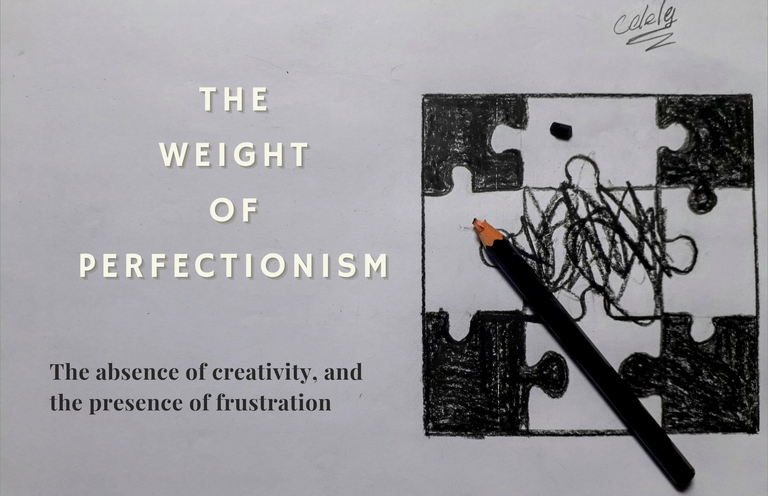

English

Writing and erasing, erasing and more erasing. If I could erase my thoughts, my ideas, my feelings, my emotions, and any hint of anything; I would have done so, but what about my fears, or my overexertion? These are concepts that the eraser of perfectionism does not dare, or does not want, to pass through.
Perfectionism... That need for constant improvement, reaching impossible expectations, and disguised as a positive quality. The cause of so many crumpled papers, piled up in the trash, thus silencing creativity at the slightest hint of its desire to manifest itself, because as it is said out there; perfectionism is one of the main enemies of creativity.
For me, perfectionism was like a cyclone that went through every corner of my heart, sweeping everything away, yet leaving intact the fear of failure, because I feel that if my creations are not good enough, others will think negatively of me.
Perfectionism is selfish, it refuses to think about me, about what I like or how I feel. It whispers in my ear constantly that I should give more, because other people prefer it that way.
Perfectionism also takes its toll, and it is quite a heavy toll, as it feeds on my vital energy and joy, to end up leaving me with my mind as blank as the paper that rests in front of me; looking back at these eyes of mine, so empty, hiding a mind incapable of even evoking an idea.

But there is one more thing this cyclone left in its wake: frustration.
It was a vicious cicle. First, every idea that swam down the current of the river of my thoughts was caught, and then I would overanalyze it: "what if people think it's boring?", "what if it's too short?", "too ugly?", "so uninteresting", "someone once told me they didn't like this way of writing", "this drawing doesn't reach the bar". And then the fear of failure would appear, forcing me to submerge that silly idea back, so that the current would carry it away. And finally, I would be left alone with the frustration inside my chest, growing so much that I felt like I was going to explode. And the blank page kept staring back at me.
Then, little by little, or maybe a lot by a lot, the sheet was filling up with blue ink; or, better said, with blue frustration, while the music in my headphones was guiding my frantic strokes.

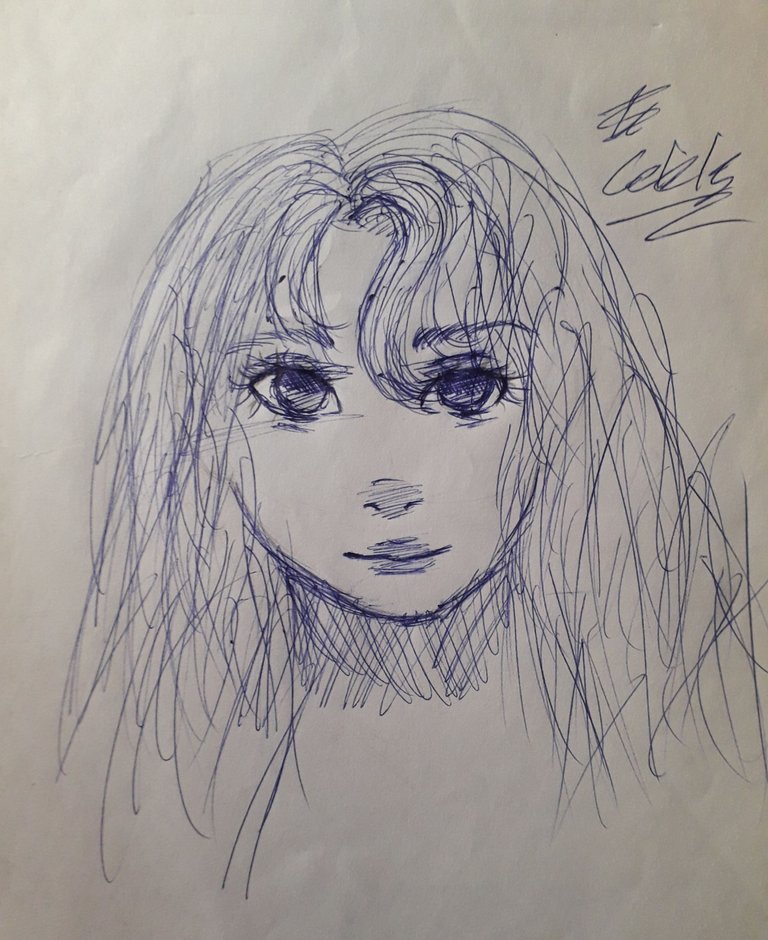

In short, what helped me to release my frustration, was to do this drawing, because what a better way to release a feeling caused by perfectionism than finishing a drawing that I abandoned because it was not good enough, according to my own eyes?.
Now, calmer, I can talk more extensively about perfectionism as it is(I know I have mentioned this word many times), in a more theoretical way.

As I started reading about this topic, I discovered an interesting term, called "duck syndrome", which is basically named after the way ducks swim:
Above the surface of the water, the duck glides delicately, as if pushed by the gentle wind, but under the water, the legs move with all of their strength. This hints at how many times we overexert ourselves, while downplaying it or making everyone think it's easy.
I then remembered when, once, I worked twice as hard just to make a drawing look perfect, I talked in detail about the process it entailed to do it and, in addition, I made sure that the translation was impeccable, correcting even the commas; but the detail is that I did all this downplaying my work, to such an extent that I felt that it was not my achievement.
However, not everything is black and white, there is usually a fair amount of gray in between, most of the time.
Depending on how we look at it, perfectionism is not always a bad thing...

For example, the desire to constantly want to learn more. When we look for innovative solutions, when we are very active, so as not to be left behind in comparison to others... These are qualities that are positive in a certain way, because in one way or another, they lead us to self-improvement.

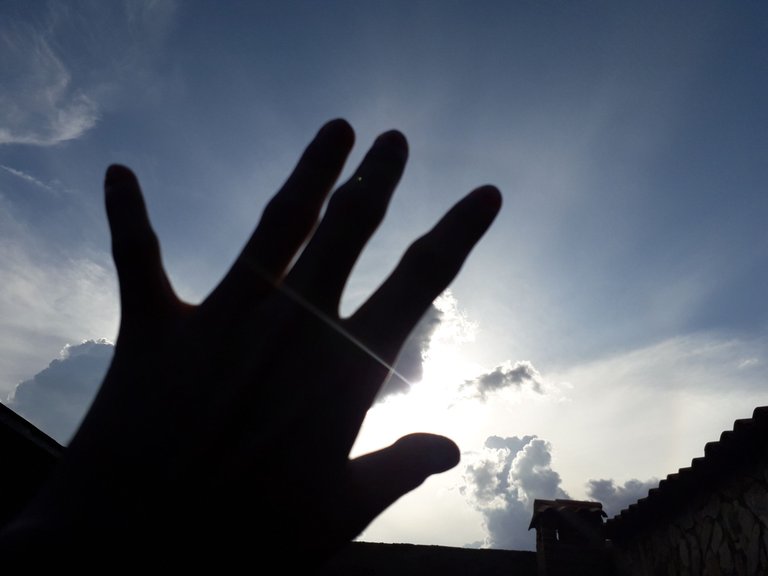

But I think the focus point in all this topic is to mark the limit, to understand that our skills are not invariable, because there are bad days where we can not be able to do everything flawlessly, but more important than that, and the main reason why I decided to write this post, is because I remembered that the most important of the creative process, is not the result, but to enjoy everything that this entails; the most important thing is to feel it.

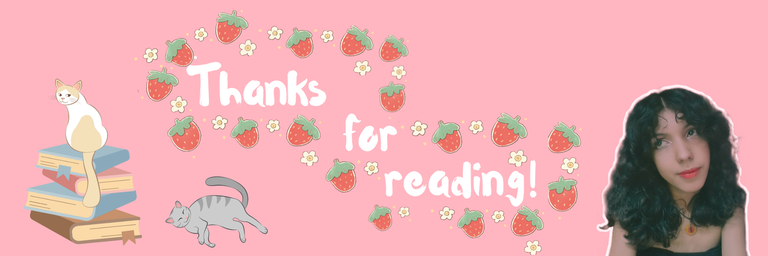

Español

El perfeccionismo… Esa necesidad de mejora constante, alcanzando expectativas imposibles, y disfrazada de cualidad positiva. El causante de tantos papeles hechos “bolita”, apilados en la basura, logrando así acallar la creatividad, ante el mínimo indicio de esta querer manifestarse, porque tal como dicen por ahí; el perfeccionismo es uno de los principales enemigos de la creatividad.
Para mí, el perfeccionismo fue como un ciclón que pasó por cada rincón de mi corazón, arrasándolo todo, dejando intacto el miedo al fracaso; porque siento que, si mis creaciones no son lo suficientemente buenas, los demás pensarán negativamente de mí.
El perfeccionismo es egoísta, se niega a pensar en mí, en qué me gusta o en como me siento. Me susurra al oído contantemente que debo dar más, pues las otras personas lo prefieren así.
El perfeccionismo también pasa factura, y cobra muy caro, pues se alimenta de mi energía vital y alegría, para al final dejarme con la mente tan en blanco como el papel que descansa frente a mí; devolviéndole la mirada a estos ojos míos, tan vacíos, ocultando una mente incapaz de tan siquiera evocar una idea.
Pero hay una cosa más que este ciclón dejó a su paso: frustración.
Era un círculo vicioso. Primero, cada idea que nadaba por la corriente del río de mis pensamientos, era atrapada, y entonces la analizaba: “¿y si la gente piensa que es aburrido?”, “¿y si es demasiado corto?”, “¿demasiado feo?”, “tan poco interesante”, “ya alguien me dijo una vez que no le gustaba que escribiera de esta forma”, “este dibujo no da la talla”. Y entonces aparecía el miedo al fracaso, obligándome a sumergir aquella tonta idea de vuelta, para que la corriente se la llevara lejos. Y por último, me quedaba sola con la frustración dentro de mi pecho, creciendo tanto que sentía que iba a explotar. Y la hoja en blanco seguía mirándome fijamente.
Entonces, poco a poco, o quizás mucho a mucho, la hoja se fue llenando de tinta azul; o, mejor dicho, de frustración azul, mientras la música en mis audífonos guiaba mis trazos frenéticos.

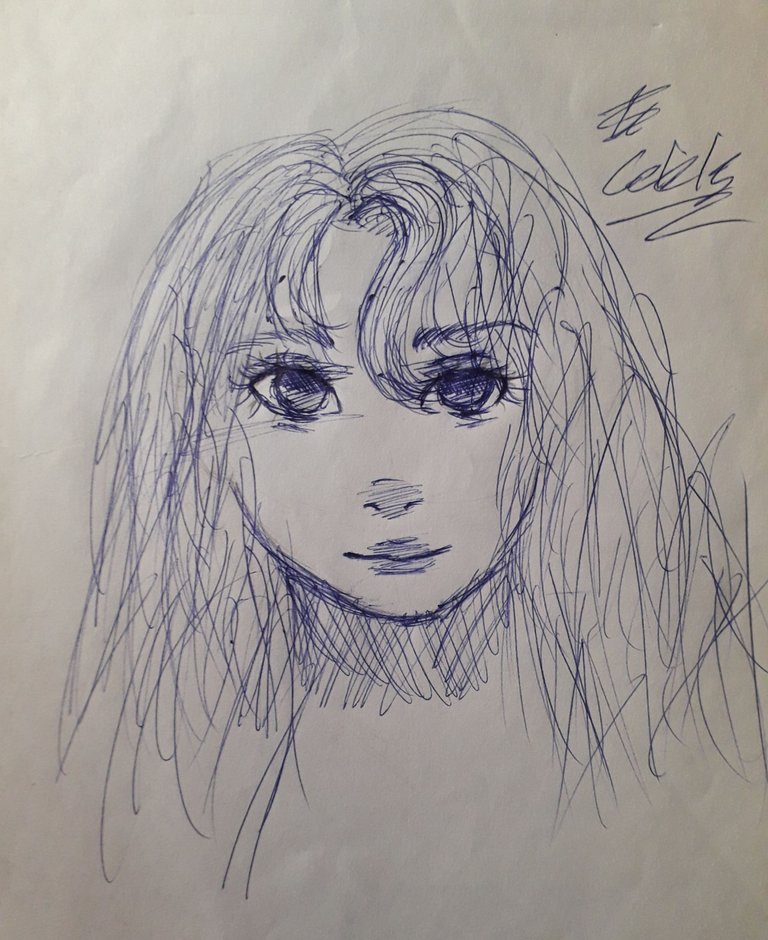

En pocas palabras, lo que me ayudó a liberar mi frustración, fue hacer este dibujo, porque ¿qué mejor manera de liberar un sentimiento provocado por el perfeccionismo que terminando un dibujo que abandoné, porque no era lo suficientemente bueno, ¿según mis propios ojos?
Ahora, más calmada, puedo hablar más ampliamente acerca del perfeccionismo como tal (sé que he mencionado muchas veces esta palabra), de manera más teórica.

Mientras me puse a leer sobre este tema, descubrí un término interesante, llamado “síndrome de pato”, que básicamente recibiría este nombre por la manera en la que nadan los patos:
Encima de la superficie del agua, el pato se desliza delicadamente, como si fuera un movimiento que el suave viento empujase, pero debajo del agua, las patas se movían con todas sus fuerzas. Esto da a entender como muchas veces nos sobreexigimos, a la vez que le restamos importancia o hacemos que todos piensen que es fácil.
Recordé entonces cuando, una vez, trabajé el doble solo para que un dibujo luciera perfecto, hablé detalladamente del proceso que me tomó hacerlo y, además, me encargué de que la traducción fuera impecable, corrigiendo hasta las comas; pero el detalle es que hice todo esto restando importancia a mi trabajo, a tal punto de que sentí que no se trataba de un logro mío.
Sin embargo, no todo es blanco o negro, suele haber una buena cantidad de gris en el medio, la mayoría de las veces.
Dependiendo de cómo lo veamos, el perfeccionismo no siempre es malo…

Por ejemplo, el deseo de constantemente querer aprender más. Cuando se buscan soluciones innovadoras, cuando nos mantenemos muy activos, para no quedarnos atrás en comparación a los demás… Son cualidades que resultan positivas de cierto modo, pues de una forma y otra, nos lleva a la autosuperación.



Pero creo que el detalle en todo este tema es marcar el límite, entender que nuestras habilidades no son invariables, porque existen días malos donde no podemos ser capaces de hacer todo de manera intachable, pero lo que es más, y la razón principal por la que decidí escribir este post, es porque recordé que lo más significativo del proceso creativo, no es el resultado, sino el disfrutar todo lo que esto conlleva; lo más importante es sentir.

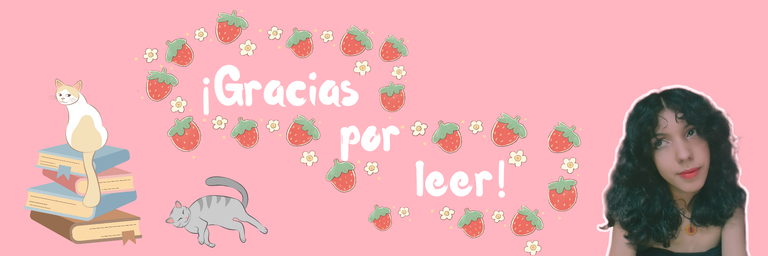

Credits | Créditos
- Cover: Image of a drawing made by me, edited in Canva.
- Imagen de un dibujo hecho por mí, editado en Canva.
- The photos used in the post were taken by me, using my Samsung Galaxy J6.
- Las fotos usadas en el post fueron tomadas por mí, usando mi celular Samsung Galaxy J6.
- Banners made by me, using Canva.
- Banners hechos por mí, usando Canva.
- Dividers drawn by me and created using the PicsArt App.
- Separadores dibujados por mí y creados usando PicsArt App.
Traducción al inglés | English Translation: DeepL
Posted Using InLeo Alpha
Congratulations @celely! You have completed the following achievement on the Hive blockchain And have been rewarded with New badge(s)
Your next payout target is 1000 HP.
The unit is Hive Power equivalent because post and comment rewards can be split into HP and HBD
You can view your badges on your board and compare yourself to others in the Ranking
If you no longer want to receive notifications, reply to this comment with the word
STOP@tipu curate 8
Que esperas para unirte a nuestro trail de curación y formar parte del "proyecto CAPYBARA TRAIL"
Upvoted 👌 (Mana: 0/70) Liquid rewards.
Muchas gracias por el apoyo 💖